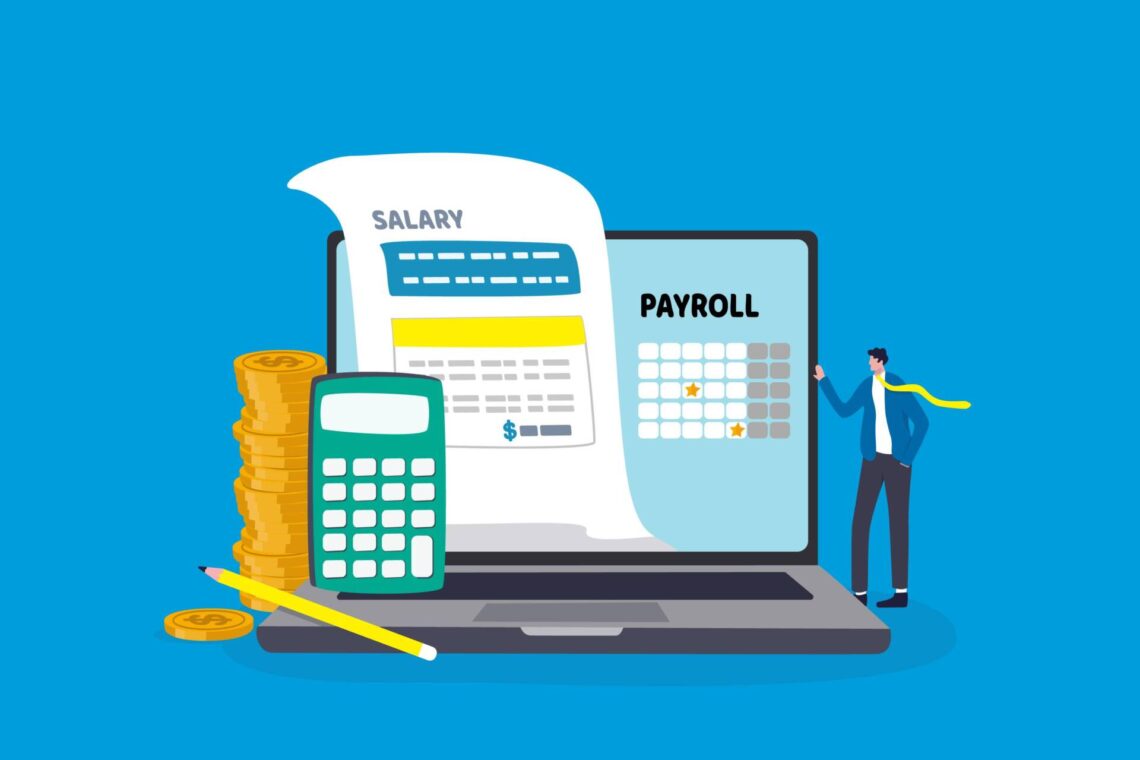Australia’s strong economy provides a favourable environment for high-income earners. Unfortunately, with increased earnings comes increased taxes. And with increased taxes comes greater responsibility to manage your obligations effectively. This is where strategic tax planning comes in! For high-income earners, good planning can mean the difference between paying more than you need to, or paying just the right amount. In this article, we’ll explore several tax planning strategies designed for Australian high-income earners.
Where to start?
-
Understand Your Tax Obligations:
To plan your taxes effectively, it’s important to have a solid understanding of your responsibilities. Australia has a progressive tax system — the more you earn, the higher your tax rate. Start by reviewing the tax brackets and rates that apply to your income level. This knowledge allows you to calculate your tax obligations more accurately.
-
Maximise Superannuation Contributions:
Superannuation provides substantial tax advantages for individuals with high incomes. Contributions are taxed at a concessional rate of 15%, significantly lower than typical high-income tax rates. To make the most of this, consider maximising your contributions up to the yearly limits. This approach strengthens your retirement savings while reducing taxable income. *Be aware of Div293 tax which will tax any concessional superannuation contributions that push your combined tax plus super income over $250k.
-
Make the Most of Salary Packaging:
If you’re a high-income earner, salary packaging is an effective way to lower your taxable income. It works by including benefits such as cars, laptops, or additional super contributions within your pay package. While not all employers offer salary packaging, it’s worth raising during salary reviews or when negotiating a new role.
-
Take Advantage of Negative Gearing:
Property investment is a common tax planning strategy used by high income earners in Australia. It allows you to take advantage of negative gearing to reduce your tax liabilities, while simultaneously growing your wealth over time through property value appreciation. Negative gearing involves having expenses from an investment property surpass the rental income, leading to a net rental loss. This loss can then be offset against (or deducted from) other taxable income like salary or business earnings, decreasing your total tax obligations. *Keep in mind that if you sell the asset any capital gains will be assessed in your tax return.
-
Explore Tax-Deductible Investments:
In Australia, some investments provide tax deductions that can assist high-income earners to reduce their taxable income. Investments Early Stage Innovative Companies (ESICs) come with generous tax rebates and future offsets if you qualify as a non-retail investor. Remember that these types of investments carry additional risk to regulated investments and as a sophisticated investor disclosures from the company can be minimal. You might also like to consider donations to charitable organisations or environmental projects, which may also be tax-deductible, offering additional avenues for tax planning while backing causes close to your heart.
-
Stay Updated on Tax Law Changes:
Tax laws are constantly evolving, making it vital to stay informed for effective tax planning. By staying updated, you can be proactive in adapting your tax strategies to align with changes. When it comes to tax laws, seeking guidance from a tax advisor or accountant is a great place to start, as their thorough understanding of the complexities of the Australian tax system will ensure you’re taking advantage of all tax-saving opportunities available to you.
To sum it up…
Strategic tax planning is not a new concept and has been embraced by countless high-income earners wanting to keep more of their hard-earned money in their own pockets, rather than the tax man’s. By managing tax obligations, maximising superannuation contributions, using salary packaging, considering negative gearing and tax-deductible investments, and staying informed about tax law changes, you can optimise your tax outcomes and reach your financial objectives.
If you’re new to tax planning and would like to speak with an accountant to create a tailored tax strategy for you, please don’t hesitate to book a complimentary “New Enquiry” appointment for more information on our tax planning services.
For more information on our services, please follow the links below:





